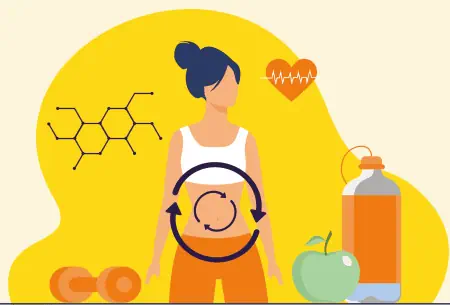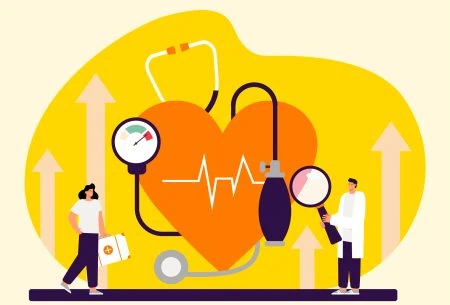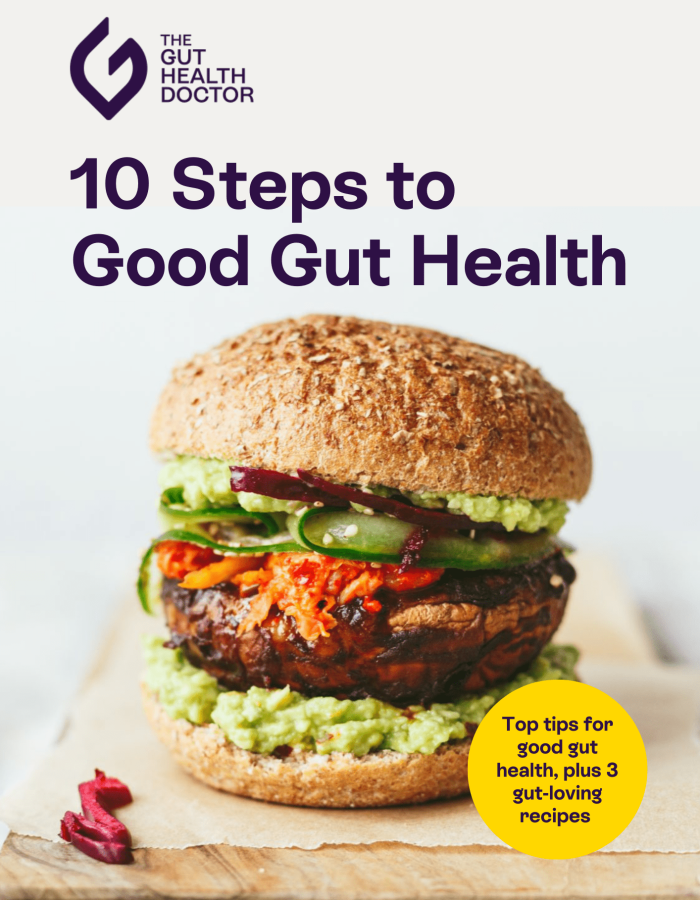The early 2000s saw the rise of the ‘size zero’ culture, and now, with the resurgence of the ‘summer shred’, the growing ‘Skinny Tok’ momentum and the availability of weight loss injections off-the-shelf, there is a renewed and concerning focus on extreme thinness. But does having a smaller frame equal better health? How does restrictive dieting impact gut microbes? And what effect does all this have on your relationship with food and long-term well-being?
Many have lived with the pressure to lose weight for years or, in some cases, decades. This is driven by external and internal pressures alongside diet methods that promise ‘quick results’ but rarely lead to lasting and positive change. The frustration of fluctuating weight, the guilt of diet ‘failure’, and the mental toll of constantly monitoring food choices can make it feel like a never-ending battle. If you’ve ever felt stuck in this cycle, you’re not alone.
But what if the issue isn’t willpower but the dieting mindset itself?
Here’s what the science says about restrictive eating behaviours and the strategies that can support a sustainable, balanced approach to food, including how you can tap into the power of your gut:metabolism connection.
If you have concerns about disordered eating, please consult a healthcare professional for personalised support and advice.



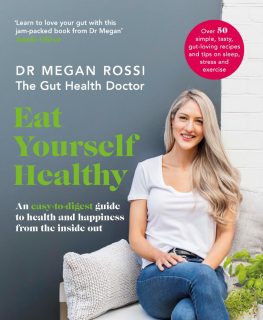



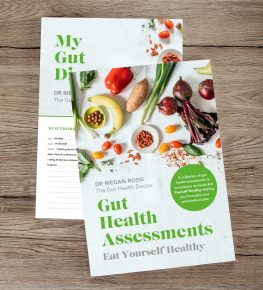


 1. Why restrictive eating doesn’t work long-term
1. Why restrictive eating doesn’t work long-term 2. The power of INclusion, not EXclusion
2. The power of INclusion, not EXclusion 3. How mindful eating can help break the cycle
3. How mindful eating can help break the cycle Takeaway
Takeaway
